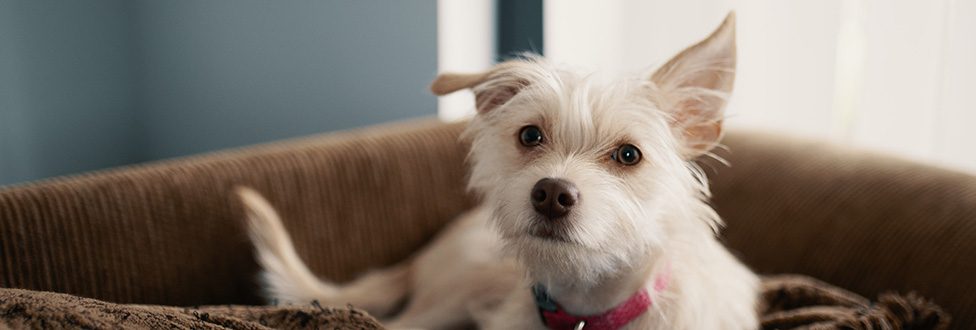Heading Back to Work May Increase Pet Anxiety
7 Tips to keep in mind as we transition into reopening phase
We’ve all been home more the last couple of months, and that’s turned into a great time to bond with a new pet, or a chance to spend some extra time with an animal you’ve had for a number of years.
But as we slowly begin to get back to work and restrictions start to lift, you’ll be out of the house more, and that may trigger anxiety, especially for new pets.
Animals are extremely intuitive, and when we get back to rushing around in the morning, you may begin to see some signs of anxiety, particularly in dogs and cats, which can include: following you around more; becoming needier; excessive barking; house soiling; destructive behavior; or general signs of depression.
The onset of these behaviors can be frustrating, especially for new pet owners, but the best remedy to combat this type of anxiety? Routine.
Here are 7 small things that you can build into your morning or evening routine that can help alleviate anxiety:
- Along with a morning walk (following social distancing guidelines of course), build in a five-minute play session and be sure to add in a special treat. When you leave the house, do not give a big “goodbye” as this could add to the animal’s anxiety when you leave.
- Before you leave, give your dog a food-stuffed toy or food puzzle to distract them for the initial half hour after you leave. For cats, give them a perch where they can distract themselves by watching birds and the outside world; or hide pieces of dry food around the house to give them another activity.
- Leaving a radio on can also work wonders. Hearing voices or soft music can ease your pet’s anxiety and assure them that they’re not alone.
- For dogs, a dog-walking service can provide a wonderful mid-day break and offer interaction with people. If you’re away for more than 8 hours, a doggie daycare facility may also be worth looking into – YOU are your pet’s advocate and ARL’s Board Safely™ campaign encourages pet owners to do their own research before leaving their pet in the care of a boarding kennel or daycare facility.
- When you get home, set aside 10 minutes to play with your pet. For cats, bring out some special toys and get them moving, and at the end of the session a special treat or some catnip to roll around in makes them even happier!
- Dogs are natural greeters, so when you arrive home, it’s important to reward them for calm behavior rather than talking, touching or making eye contact when they’re at the highest point of excitement. They will learn to self soothe their excitement and calm down quicker when you arrive home, again helping their anxiety and stress.
- After dinner interaction with the entire family is also important to let them know they’re loved and important.
ARL’s Pet Behavior Helpline
Pets have amazing, individual personalities, and if you get to a point where your pet’s behavior is becoming a concern, the Animal Rescue League of Boston offers a free behavior helpline to answer questions about dogs, cats, and small animals. For assistance, call (617) 226-5666, or email behaviorhelpline@arlboston.org.

